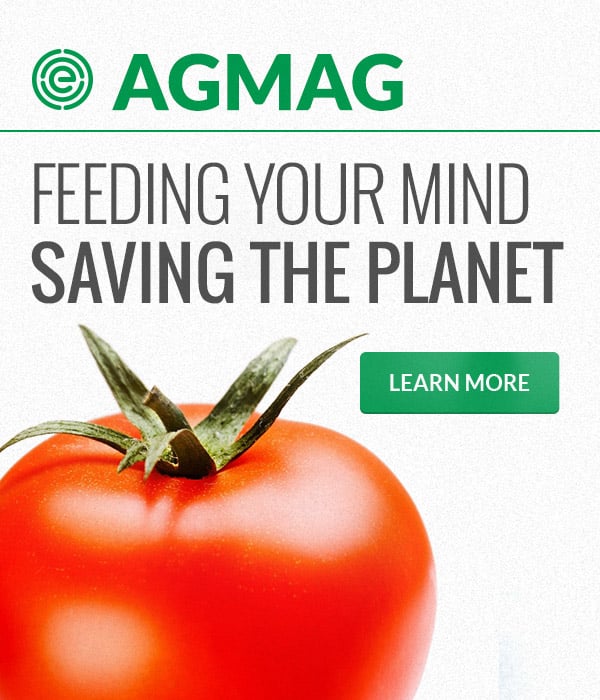Emergency Livestock Assistance Program (ELAP) in Rhode Island, 2023
Subsidy Recipients 1 to 20 of 77
Recipients of Emergency Livestock Assistance Program (ELAP) from farms in Rhode Island totaled $4,796,000 in in 2023.
| Rank | Recipient (* ownership information available) |
Location | Emergency Livestock Assistance Program (ELAP) 2023 |
|---|---|---|---|
| 1 | East Beach Oyster Company LLC | Wakefield, RI 02879 | $1,402,191 |
| 2 | East Beach Farms LLC | South Kingstown, RI 02879 | $385,578 |
| 3 | Shellfish For You, LLC | Westerly, RI 02891 | $384,915 |
| 4 | Harry F Whilden III | North Kingstown, RI 02852 | $355,984 |
| 5 | Rocky Rhode Oyster Co, LLC | Wakefield, RI 02879 | $319,316 |
| 6 | Walrus And Carpenter Oysters, LLC | Providence, RI 02909 | $305,941 |
| 7 | Finca Faisan Inc | Des Moines, IA 50311 | $278,804 |
| 8 | , | $258,829 | |
| 9 | Rome Point LLC | North Kingstown, RI 02852 | $248,752 |
| 10 | Sakonnet Oyster Co Inc | Little Compton, RI 02837 | $178,550 |
| 11 | Mooresfield Oyster Farm LLC | Narragansett, RI 02882 | $159,167 |
| 12 | Allen Harbor Oyster Inc | Saunderstown, RI 02874 | $146,739 |
| 13 | Aquidneck Island Oyster Company LLC | Wakefield, RI 02879 | $145,246 |
| 14 | , | $121,002 | |
| 15 | Quonnie Oyster Co Inc | Wakefield, RI 02880 | $77,040 |
| 16 | Society For The Preservation Of | Boston, MA 02114 | $1,995 |
| 17 | , | $1,699 | |
| 18 | A Joseph Sprague | Block Island, RI 02807 | $1,439 |
| 19 | David W Carpenter | Wakefield, RI 02879 | $1,386 |
| 20 | , | $1,326 |
* USDA data are not "transparent" for many payments made to recipients through most cooperatives. Recipients of payments made through most cooperatives, and the amounts, have not been made public. To see ownership information, click on the name, then click on the link that is titled Ownership Information.
** EWG has identified this recipient as a bank or lending institution that received the payment because the payment applicant had a loan requiring any subsidy payments go to the lender first. In 2019, the information provided to EWG by USDA began to include the entity that received the payment, rather than the person or entity that applied for it, which was previously provided. This move to shield subsidy recipients from disclosure enables USDA to further evade taxpayer accountability. Six percent of subsidy dollars went to banks, lending institutions, or the Farm Service Agency.”
Next >>



 Increasing crop reference prices would hurt young farmers
Increasing crop reference prices would hurt young farmers
 Do billionaires get farm subsidies?
Do billionaires get farm subsidies?
 Crop insurance pays billions in weather-related losses linked to the climate crisis
Crop insurance pays billions in weather-related losses linked to the climate crisis
 Crop insurance costs soar over time, reaching a record high in 2022
Crop insurance costs soar over time, reaching a record high in 2022
 As the climate emergency heats up the Southwest, crop insurance payouts for heat surge
As the climate emergency heats up the Southwest, crop insurance payouts for heat surge
 In the intensifying climate crisis, a hotter Southwest spurs rising heat-related crop insurance costs
In the intensifying climate crisis, a hotter Southwest spurs rising heat-related crop insurance costs
